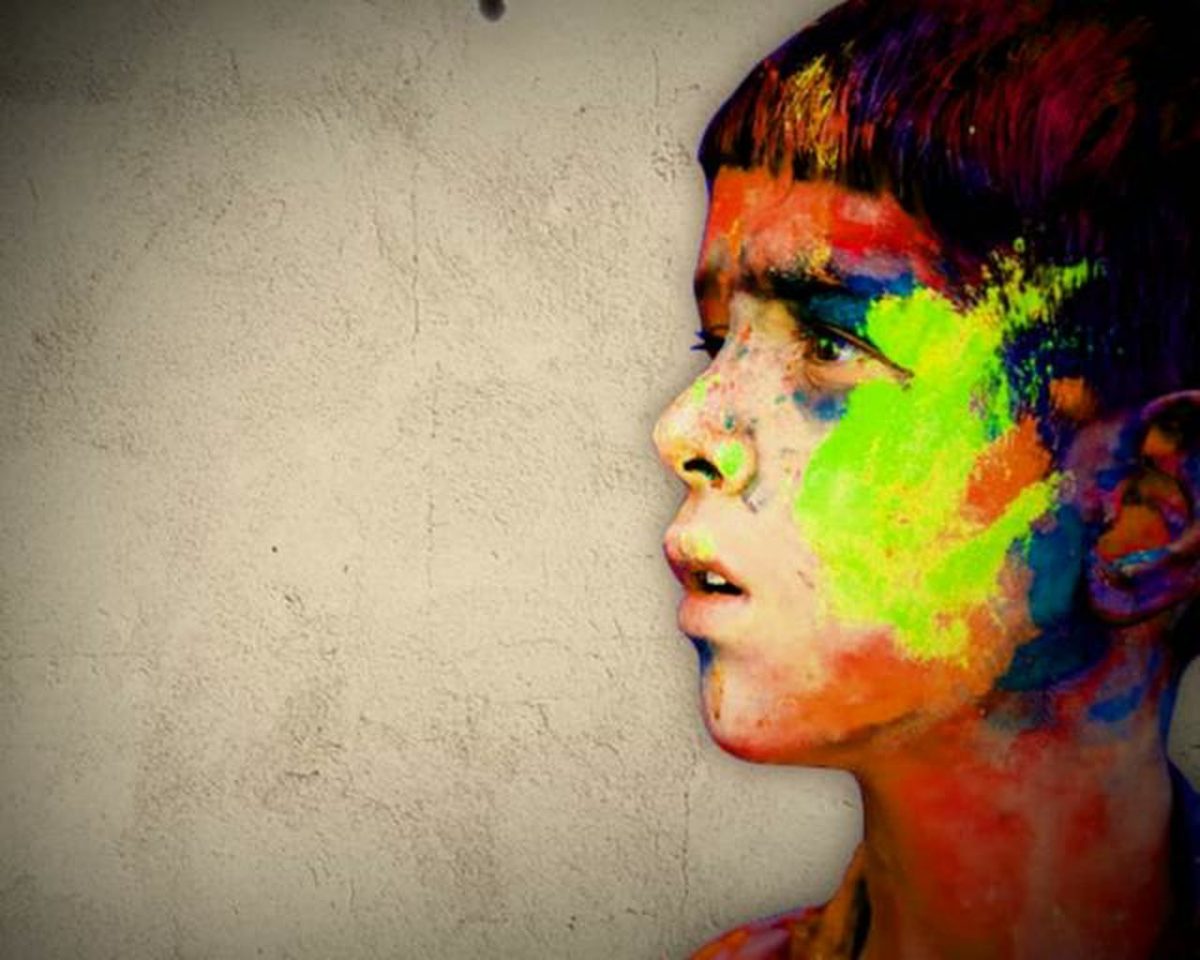Our group had a piece on recognizing that every white person is living with white privilege, consciously or unconsciously, and it’s our responsibility as educators and as people to ‘unpack the invisible napsack,’ as the author put it, and make sure these ‘expectations’ we have are acknowledged as not being universal. It’s also our responsibility to call out injustice where we see it and use our place of privilege to provide a platform for their voices to be heard.
It was interesting to see how we all reacted to the realization or further understanding of how we can be unconsciously harmful to other people by not acknowledging our place of privilege. The discomfort is immediate and completely understandable–no one wants to be considered racist, even (maybe especially) accidentally. But it was also very clear that for our brief moments of feeling bad, minority groups have to suffer these hurts on a daily, sometimes hourly, basis. They don’t get the option of not thinking about it. We do.
I really do think that no matter what subject we teach we have a duty as educators to bring racism into the discussion. And to do our absolute best to represent minorities in our subject matter and in places of prestige–if a student never sees people like her as a doctor or a lawyer, even if no one specifically tells her she can’t be one, it’s so easy for her and others like her to internalize this unspoken message. Our jobs should always be about raising students up, and if that means feeling uncomfortable, then so be it.

Kluonie, I appreciate the way you explain things with a story. You’ll be such a great language arts teacher! I’ve read Unpacking the Invisible Knapsack many times, but your image of everyone on a boat avoiding the rails really brought the piece to life for me. Great use of imagery!
The more I keep thinking about that analogy the more I really like it, honestly–the idea that it’s so comfortable in the yacht that you might not even notice you’re at sea! Or people might know they’re at sea but it’s kind of distant, or they have to make an effort to look at it to remember it exists. Or they might know about the ocean, but looking over the rails and seeing the people struggling to stay afloat in the water is uncomfortable–you don’t want to watch that! When you’re on the boat it always seems more important to look at the people who are on the boat too, but in FIRST CLASS, enjoying the things you aren’t. But you’re still on the boat! And people are drowning! Meanwhile a lot of fellow passengers will always be like, “Well, why can’t they just climb on the boat? Pull themselves up by their bootstraps!” when the real question should be “WHY AREN’T YOU THROWING THEM A LIFELINE??”
Kluonie- I am impressed by how clearly you wrote about such a complex issue. Quite honestly, whenever I think about white privilege, I tend to shut down. The implications here, the guilt and sense of responsibility, can feel crippling. You’ve taken control and put the truth humbly and point-blank: “I really do think that no matter what subject we teach we have a duty as educators to bring racism into the discussion… Our jobs should always be about raising students up, and if that means feeling uncomfortable, then so be it”
I think shutting down is a totally natural thing to do and something we really need to fight against. We talked a little bit in our group about what we can do if we bring up race in a classroom and what reactions the white students might have–discomfort, shutting down, anger? They’re all possibilities! I think really the only thing we can do is keep talking about it, and asking ourselves why we’re reacting this way, make sure we realize that these feelings are new because our race isn’t being constantly shoved in our faces (unlike minorities). And just creating a safe environment where we can talk about these things without judgement.
Angie also made a point to remind our group that this is not a problem with an easy fix, that racism is so systemic that if we try to take it on as only one person we’re doomed to misery and failure. But we do what we can, and try to make the world a little better, piece by piece. We CAN choose to be part of the solution (maybe a really small part) but it’s much MUCH better than being part of the problem.